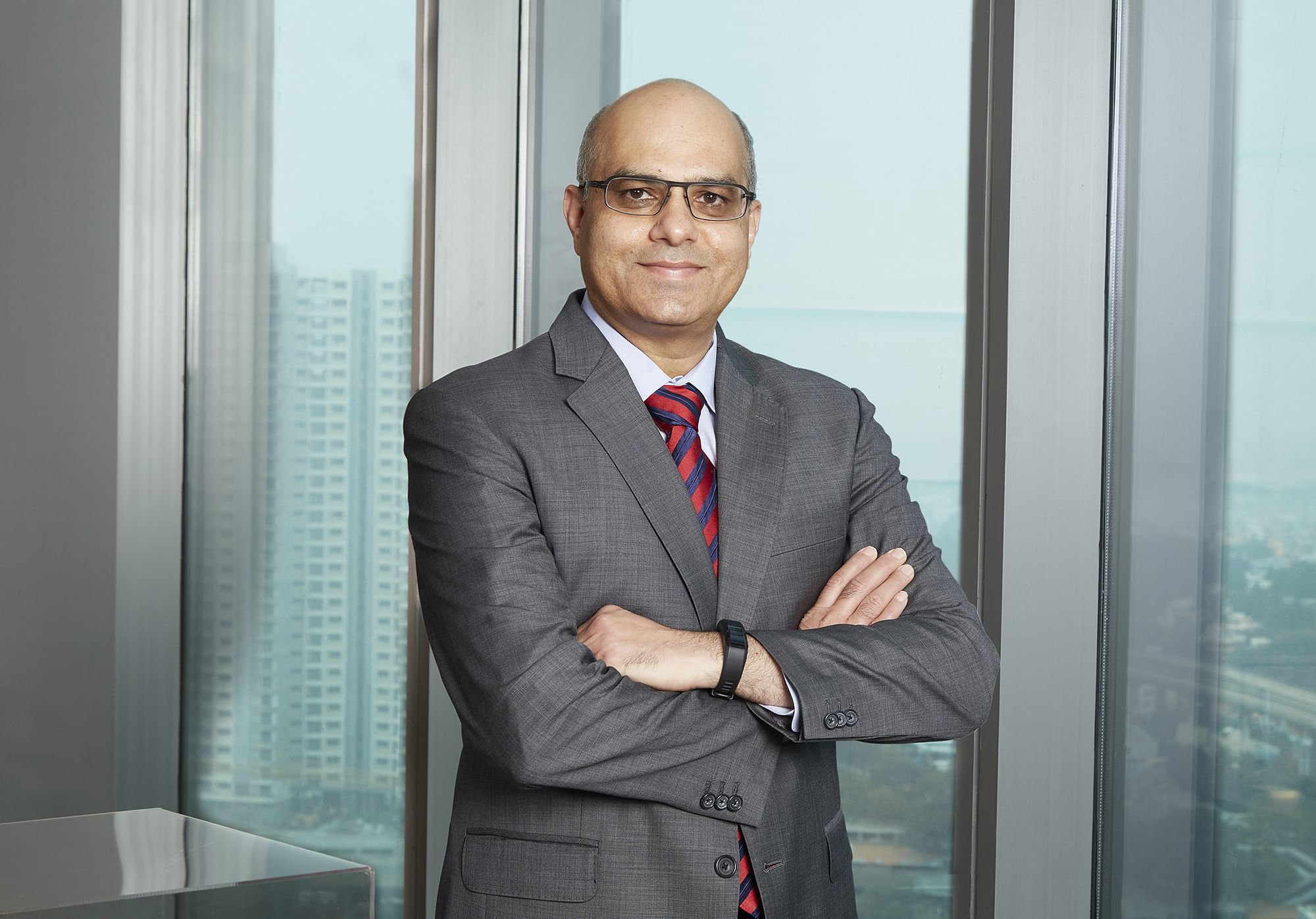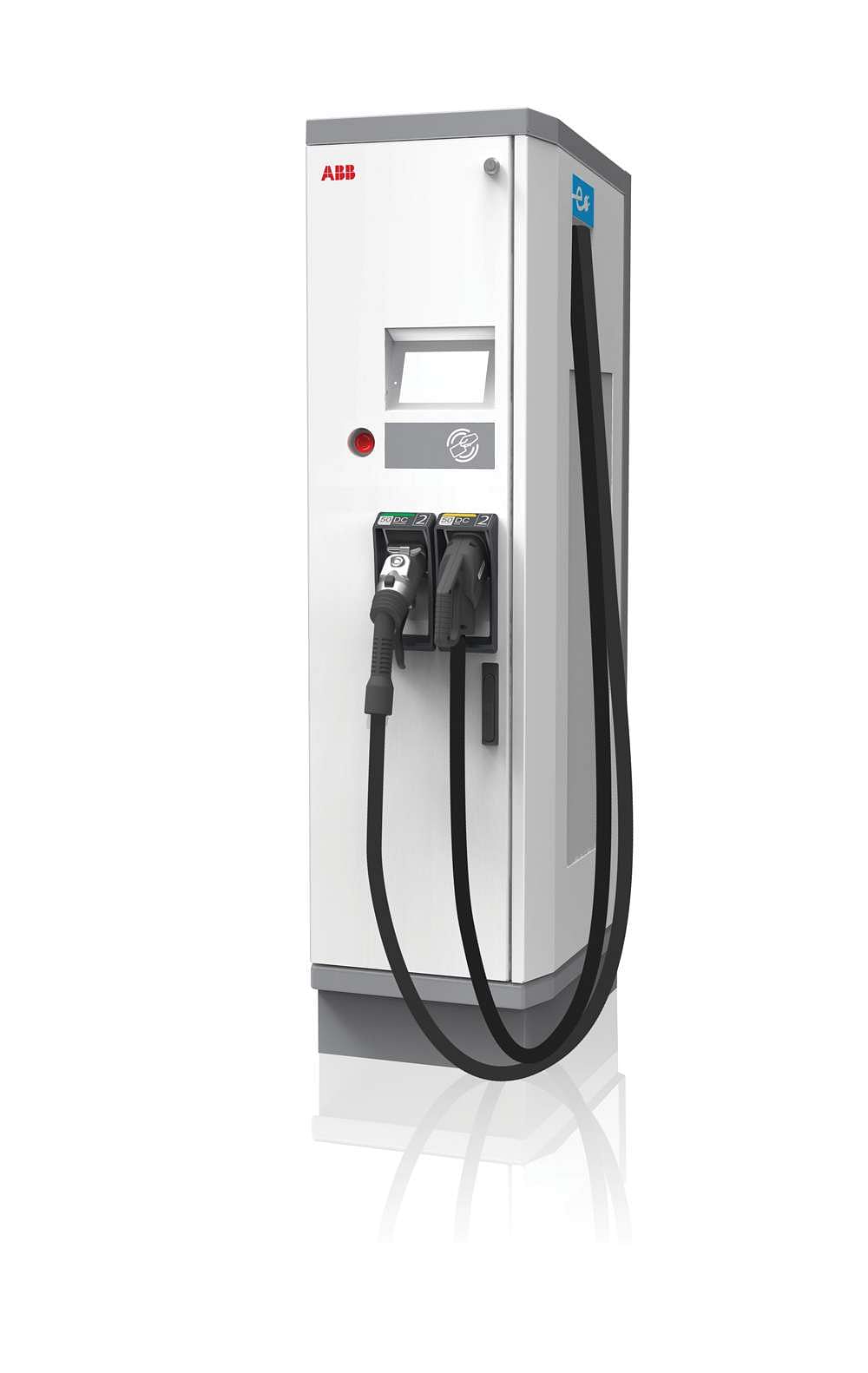ABB bets big on EV charging business in India
ABB, which has more than 6,000 charging stations installed across more than 55 countries, is keen to play a prominent role in setting up the EV charging infrastructure on a large scale in India.
Amidst reports on the Union Government’s U-turn on the automotive industry’s highly awaited policy for faster adoption of electric vehicles (EVs), ABB India has come up in support of the central government.
The auto industry has been demanding a clear and transparent policy on EVs including financial assistance (in the form of tax incentives, subsidies and even an EV innovation and research fund) for vehicle manufacturers and the consumers, an all-India roadmap (regulatory framework) for EV charging infrastructure and other critical factors.
However, Union Minister Nitin Gadkari along with NITI Aayog CEO Amitabh Kant in a recent press conference in Delhi stated that there is no need for an EV policy as of now. Instead, they stressed on an action plan for the near future.
ABB India, part of the US$ 34 billion global major ABB Group, is in favour of the central government’s stand on the same. The company has recently installed an EV fast charging station at the NITI Aayog office in New Delhi.

Speaking to Autocar Professional on the sidelines of a company event in Pune, Sanjeev Sharma, MD, ABB India (pictured above) said, “When we talk about the electric vehicle policy and the EV charging infrastructure, I think the government has made it very clear that it is in no mood to subsidise EVs. This is good because they want the industry to stabilise and find balance on its own.”
Three types of consumer shift
Giving his global perspective on the adoption of EVs (new technologies), Sharma stated, “Our experience of 125 years convey that the absorption of technology happens via three kinds of consumer shifts – early tech absorbers, which are, say, five percent of the overall market size, who will always buy the new tech no matter whatever is introduced in the market. Then the next 10 percent (consumers) step up and opt for the new tech. These can also be called as the early starters. Once the consumer ratio reaches 15 percent of the overall market, the mass movement begins. This is valid for any technology including EVs. The EV adoption is currently less than one percent in India.”
“You have to allow 3-5 years for technology absorption to happen in India for EVs. If we look at Europe and other developed markets, it happened the same way. Even they had a lot of confusion on policies and subsidies earlier. Over a period of time, the subsidies and policies go out of the way and it is the manufacturers who decide the future of new technologies. Putting too much of policy and regulations for any new technology, which is beginning its time in the market, is not healthy for its future.”
“So I think what the government has said is that we will keep the technology open-ended and let the participants bring in their technologies for EVs in India. Let them figure out what the consumers prefer and then let consumers decide what is good for them in terms of affordability and other needs,” he added, clarifying the Union government’s stand on the EV policy.
Sharma also spoke on the need for greener sources of power generation, which he thinks will play an equally critical role in aligning the government’s overarching intent of reducing the national carbon footprint.
“Right now, solar power generation is on a high growth. We have already reached 16 gigawatts, and this will continue to accelerate. This means you are going to generate power via renewable sources. If you generate green and you don’t consume green and vice versa, then the equation does not balance itself. So the EV policy’s intent, as a national policy, is to generate green and consume green,” he said.
Bright future for EVs in India
According to Sharma, electric mobility has a bright future in India. It is understood that the costs associated with the lithium ion batteries / battery packs continue to be the sore point blocking mass adoption of EVs. Industry experts have underlined that EV sales will see a rapid surge as soon as their retail prices match those of conventional vehicles.
“So typically it is understood that the (EV) industry will build itself over a period of time. This will not happen overnight. It will grow organically. It will accelerate only when the battery prices drop and this is the trigger point. We need to keep these trigger points in mind while we evaluate the size of the EV market opportunity in India,” he added.
He suggested that one EV charging station will be required for charging at least five electric cars. “So you do the math to estimate the demand for EV charging stations in the market. We have recently installed the first EV charging station in India at the NITI Aayog building in Delhi. You will see replication of this effort over a period of time as the EV space grows. We are a major player in this space. We make EV charging stations not only for the passenger cars but also for the buses,” he quipped.
The company is also the title sponsor for the Formula E. In this context, Sharma added, “We will benefit with the technologies that are required there, and we will also develop technologies.”
EV business for ABB India
The company is keen to play a prominent role in setting up the EV charging infrastructure on a large scale in India in the future. ABB has more than 6,000 units installed across more than 55 countries. The ABB Terra 53, a 50kw fast charging station, which it has recently installed in Delhi, can provide a full charge to an EV in 30 minutes. The ABB Terra 53 is based on the international charging standards for EVs.

“The EV chargers from ABB will be just like how currently the fuel stations work. We will trade power through them. The three types of chargers on the pole that we have recently installed are the CHAdeMO, which comes from Japan, CCS (combined charging system), which comes from the Europe and America and the AC charger that we have in our homes. All these chargers will be available (in the ABB charging stations) irrespective of which charger type is fitted in the different electric cars. As far as the infrastructure is concerned, the charging stations will come up based on the density of EVs in the cities,” Sharma clarified.
It is known that the automotive regulatory authorities including the Pune-based ARAI and others are working on co-creating and aligning the benchmarks required for the EV charging infrastructure. These benchmarks will largely define the safety and utility standards for different type and grade of charging equipment.
On the global front, it is known that Tesla has developed its own fast charging system, which it calls Superchargers. Meanwhile, SAE International has its own combined charging system (CCS) and automakers in Japan adhere to the CHAdeMO systems.
“To help develop these systems here, ABB India is helping the policy makers to find out what standards are available worldwide. We are also helping the OEMs such as the passenger car manufacturers who have our charging stations in their labs. The OEMs know that the future for EVs is around the corner. As the demand for EV chargers will increase, we are capable of locally manufacturing the EV charging equipment out of our Bangalore facility. We super-specialise in the power electronics required for EV charging, solar and water-based power generation business. The power electronics required for these are common,” disclosed Sharma.
Active pilot projects with over 10 auto OEMs
ABB India is running several pilot projects across the country for EVs including installation of an EV charging station at Rohtang (near Manali) for charging electric buses and cars.
“We are running these pilot projects with more than 10 OEMs currently. We are also selectively installing our EV charging stations at locations where we are allowed to install them,” revealed Sharma, who believes that the EV business model is already becoming viable for the fleet operators in Nagpur and Bangalore.
He further added, “The installation of EV charging stations across cities and clusters will have to be driven by the state-specific and even city-specific policies rather than any central government policy. We know that a lot of work is being done in Karnataka. Similarly, the Delhi government has also started doing some work on this front. To set up this infrastructure in the public spaces, which are owned by the governments and authorities, they have to provide these spaces. I believe you will see more of these EV charging stations as soon as the city-level policies for these EV chargers will start rolling out. On the other hand, for the EVs equipped with simple AC chargers, regular chargers fitted in the offices and parking lots of the residential colonies are good enough.”
The top official at ABB India, who refused to disclose the approximate cost of a single EV charging pole, believes that its market will be driven by the institutional demand.
“There will be different categories of institutional buyers (of the EV charging poles) from us – central and state governments, shopping mall owners, airport authorities, real estate players and the firms who might want to run the electric vehicle charging as a utility business,” he concluded.
Transportation, infrastructure and renewable energy are the fastest growing verticals for the Rs 9,500 crore ABB India.
RELATED ARTICLES
Cosmo First diversifies into paint protection film and ceramic coatings
The Aurangabad, Maharashtra-based packaging materials supplier is leveraging its competencies in plastic films and speci...
JSW MG Motor India confident of selling 1,000 M9 electric MPVs in first year
The 5.2-metre-long, seven-seater luxury electric MPV, which will be locally assembled at the Halol plant in Gujarat, wil...
Modern Automotives targets 25% CAGR in forged components by FY2031, diversifies into e-3Ws
The Tier-1 component supplier of forged components such as connecting rods, crankshafts, tie-rods, and fork bridges to l...






 22 Feb 2018
22 Feb 2018
 15008 Views
15008 Views





 Autocar Professional Bureau
Autocar Professional Bureau




